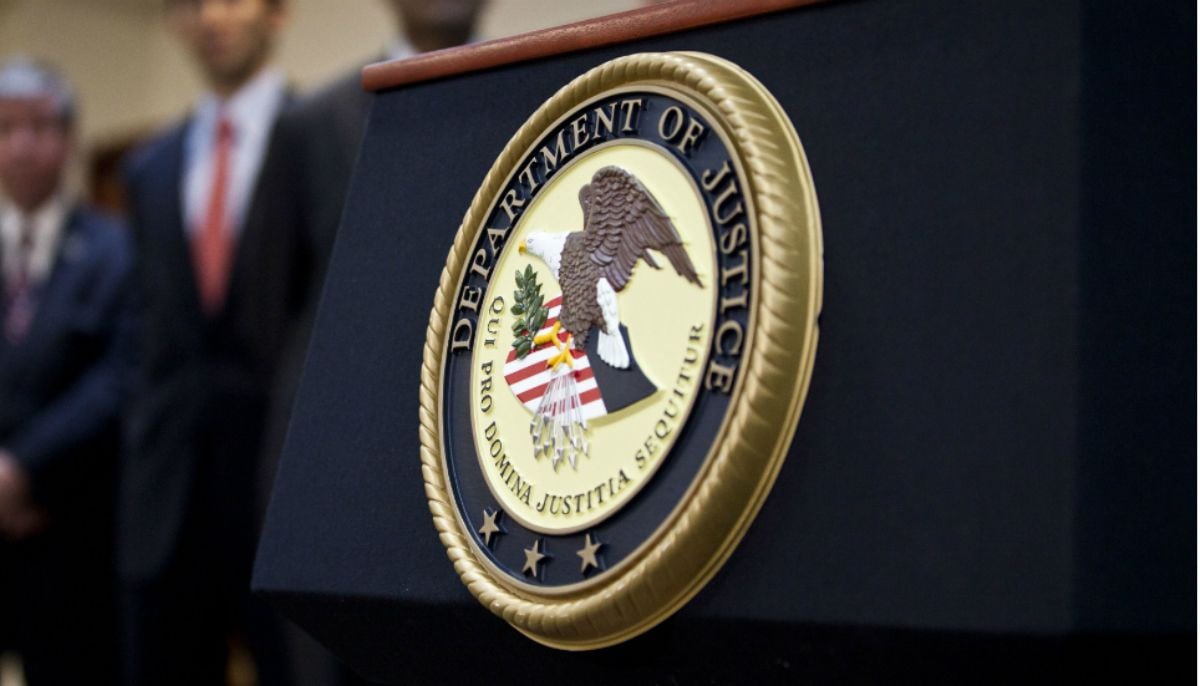Maori MPs defy Indigenous bill with haka in New Zealand parliament
Hundreds of protesters hit streets on hikoi, a nine-day march, towards Wellington to protest against legislation
A contentious bill to reinterpret a 184-year-old treaty between the British and Indigenous Maori has triggered unique protests in New Zealand grabbing global attention after Maori lawmakers performed haka — a traditional dance made famous by the country's rugby team — to disrupt a parliamentary vote a day ago.
First signed in 1840 between the British Crown and more than 500 Maori chiefs, the Treaty of Waitangi lays down how the two parties agreed to govern. The interpretation of clauses in the document still guides legislation and policy today.
Rulings by the courts and a separate Maori tribunal have progressively expanded Maori rights and privileges over the decades. However, some argue this has discriminated against non-Indigenous citizens.
The ACT New Zealand party, a junior partner in the ruling centre-right coalition government, last week unveiled a bill to enshrine a narrower interpretation of the Waitangi treaty in law.
In the video that went viral, Te Pāti Māori lawmaker Hana-Rawhiti Maipi-Clarke was seen tearing up what appeared to be her copy of the Principles of the Treaty of Waitangi Bill.
Later, she started performing a haka with other opposition members joining her when parliamentarians gathered for a preliminary vote on the bill on Thursday.
Parliament was briefly suspended as people in the gallery joined in, and shouting drowned out others in the chamber.
ACT New Zealand leader David Seymour said people who oppose the bill want to "stir up" fear and division. "My mission is to empower every person," he added.
The controversial legislation, however, is seen by many Maori and their supporters as undermining the rights of the country's Indigenous people, who make up around 20% of the population of 5.3 million.
Hundreds have set out on a nine-day march, or hikoi, from New Zealand's north to the national capital of Wellington in protest over the legislation, staging rallies in towns and cities as they move south.
They will arrive in Wellington next Tuesday where tens of thousands are expected to gather for a big rally.
An estimated 10,000 people marched through Rotorua, about 450 km (280 miles) north of Wellington, New Zealand police said in a statement.
Protesters, some wearing traditional clothing, were greeted by hundreds waving the Maori flag and chanting, Reuters reported on Friday.
While the bill has passed its first reading, it is unlikely to garner enough support to pass into law.
Coalition partners the National Party and New Zealand First are only supporting the legislation through the first of three readings as part of the coalition agreement. Both parties have said they will not support it to become legislation, meaning it will almost certainly fail.
-
Lux Pascal gushes over role in Tom Ford's 'Cry to Heaven': 'I just wanted to be part of this picture'
-
Near-blind refugee found dead in Buffalo after release by US Border Patrol
-
Kenyan man accused of recruiting men to fight in Ukraine
-
More Americans say they sympathise with Palestinians than Israelis, poll finds
-
Retired US fighter pilot arrested over alleged training of Chinese military
-
US military accidentally shoots down border protection drone with high-energy laser near Mexico border
-
Savannah Guthrie all set to make 'bravest move of all'
-
Hillary Clinton's photo with Jeffrey Epstein, Jay-Z and Diddy fact-checked












